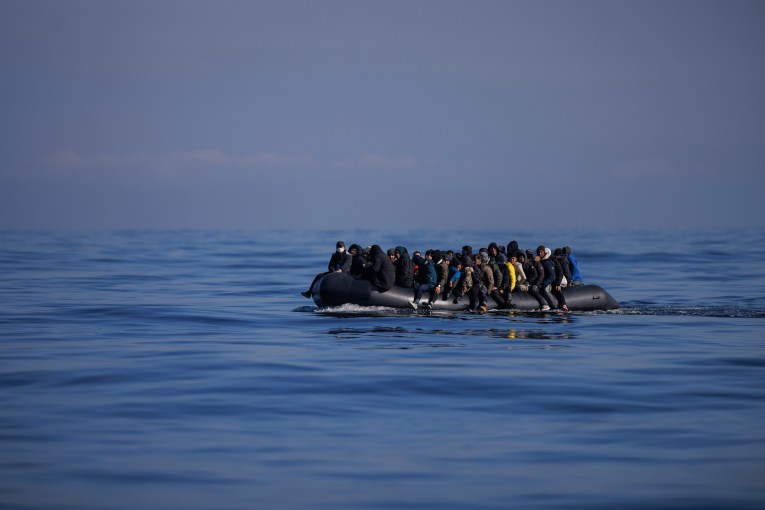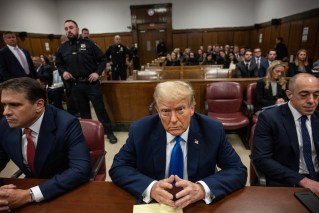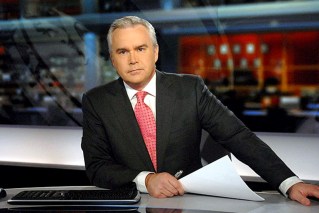Mandela was urged to refuse Nobel peace prize
·Mandela drew his own last breath
Two decades ago in Oslo, Nelson Mandela and South Africa’s last apartheid president, FW de Klerk, stood side by side in Oslo and accepted the Nobel peace prize, a moment that epitomised the reconciliation of enemies.
But that powerful gesture of forgiveness on December 10, 1993 might never have happened.
When it became clear that Mandela would receive the prestigious award in tandem with a man who ensured he spent 27 years in prison, he came under fierce pressure to decline.
When the telephone rang on October 15, 1993 with the Nobel committee’s decision, “the reaction was quite strong and some of us were very hesitant about supporting the joint thing with de Klerk”, Tokyo Sexwale, an African National Congress (ANC) stalwart, told AFP.
“We were, some of us, very concerned. We can’t have Nelson Mandela, such an icon, receiving this thing with his oppressor,” said Sexwale.
The situation was fraught.
Talks with de Klerk’s white-supremacist government were already at an advanced stage, and the two men often sparred bitterly.
All-race elections had been slated for April the following year.
At the same time, supporters from the ANC and Zulu party Inkatha were killing each other in the streets, and die-hard apartheid supporters were thought to be fanning the violence.
“Remember, there was a lot of violence in South Africa,” said Sexwale.
Thousands died in clashes in the four years up to the 1994 polls.
There was also a lot of bitterness towards the apartheid government, which had assassinated many ANC activists, said Sexwale.
“We suffered, we had family members killed, friends assassinated. We saw apartheid bombing our offices,” he recalled.
“So how do you reconcile with this people?”
ANC leaders pointed out that Albert Luthuli and Anglican bishop Desmond Tutu had won the prize earlier as individuals.
“So we were saying, Nelson Mandela doesn’t need it with another person, and above all with a man who has just jailed him,” said Sexwale.
“But it’s (Mandela) himself who convinced us about the correctness of what was happening.
“Reconciliation is not an easy thing. So we had to show that a de Klerk can be embraced.
“It was used by Mandela as a tool to show the example of his dialogue and leadership,” Sexwale remembered.
Meanwhile the reaction at the then-president’s office was the opposite.
“I phoned to say I had good news from Oslo,” de Klerk’s former aide, Dave Steward, said.
“He was delighted”, despite boos from some Norwegians when de Klerk greeted the crowds with Mandela from a hotel balcony in Oslo on December 10, 1993.
“It was a very happy moment full of hope in a period that wasn’t easy,” Steward added.
Mandela’s friend Nadine Gordimer, a recent Nobel literature laureate, travelled to Oslo, along with Mandela’s lawyer, George Bizos.
“It was a kind of betrayal to see he had to share and to see the apartheid president had something to share with Mandela,” the 90-year-old writer told AFP.
In his speech de Klerk emphasised the “change of heart” from both sides.
Mandela praised “the common humanity that bonds both black and white into one human race”.
He saluted his “compatriot and fellow laureate”, who “had the courage to admit that a terrible wrong had been done to our country and people through the imposition of the system of apartheid”.
Neither man had access to the other’s Nobel acceptance lecture beforehand.








